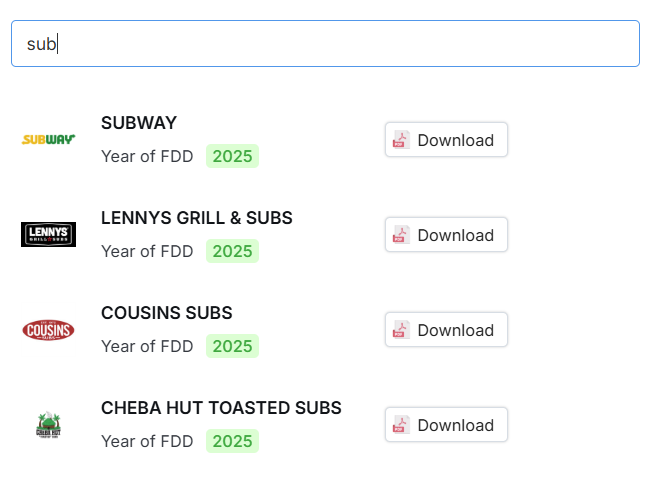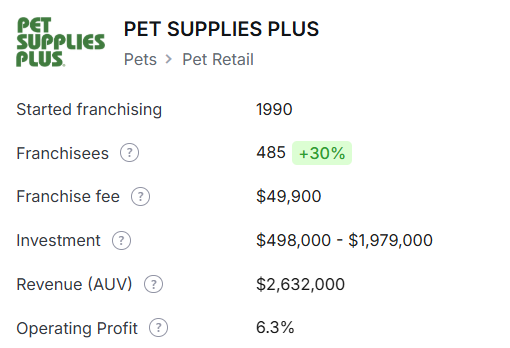

KEY FRANCHISE STATS
?
?
?
?
$924,000
HoneyBaked Ham Company is a well-known franchise specializing in premium, spiral-sliced glazed hams, turkeys, and other high-quality holiday and special occasion meals. The company was founded in 1957 by Harry J. Hoenselaar in Detroit, Michigan, and it quickly became famous for its unique preparation methods and the delicious, sweet glaze on its hams.
Today, the franchise is headquartered in Alpharetta, Georgia, and has grown into a beloved national brand with multiple locations across the United States.
HoneyBaked Ham began franchising in 1998, offering a robust business model that combines retail, catering, gifting, and dine-in lunch services.
This multi-revenue stream approach allows franchisees to operate profitably year-round, not just during the busy holiday seasons. The franchise is particularly known for its commitment to quality and customer service, ensuring that each product meets their high standards through a meticulous 24-point inspection process.
Here's what you would need to invest if you were to start this franchise. These costs are provided by the franchisor in the Franchise Disclosure Document.
Create a free account to access this table and more.
For more information see our plans here.
Upgrade to Pro to access and download this FDD.
For more information, see our plans here.
HoneyBaked Ham Franchise offers a comprehensive training program designed to ensure that franchisees are fully prepared to operate their business successfully. The training includes several key components:
HoneyBaked Ham franchise offers territory protection to its franchisees. This protection ensures that each franchisee has exclusive rights to operate within a designated geographic area, meaning that no other HoneyBaked Ham franchise can open within that territory.
This exclusivity allows franchisees to build their business and customer base without the concern of internal competition from other franchise locations within their market.
The specific size and boundaries of the protected territory are determined based on factors such as population density, market demand, and other relevant considerations.
Below are some of
HoneyBaked Ham
key competitors in the
Retail Food
sector.

208
$15,000
$581,000
$877,000
n.a.
$924,000
$xxx,xxx
62.3%
n.a.
12.0%
n.a.

Yogen Fruz is a frozen yogurt and smoothie franchise offering customizable frozen yogurt, fruit blends, and refreshing beverages, serving health-conscious dessert lovers, and known for guilt-free treats, strong global brand recognition, and flexible formats that fit malls and streetside locations.
?
?

NuYo is a frozen yogurt franchise offering self-serve frozen yogurt with rotating flavors and extensive toppings, serving health-conscious dessert lovers and families, and known for customizable creations, bright neighborhood shops, and a focus on fresh, high-quality frozen yogurt experiences.
?
?

Mrs. Fields is a bakery and gifting franchise offering fresh-baked cookies, brownies, chocolates, and gift baskets, serving retail shoppers and corporate clients, and known for warm, familiar branding, giftability, and high-quality baked goods.
?
?

Farm Stores is a drive-thru convenience store franchise offering fresh groceries, baked goods, and beverages for busy customers on the go.
?
?

Health and wellness retail franchise offering a wide range of vitamins, supplements, and health products, focusing on promoting a healthy lifestyle.
?
?

MGM Wine & Spirits offers a wide selection of wines, spirits, and craft beers, providing customers with a one-stop shop for all their beverage needs. With knowledgeable staff and a commitment to customer satisfaction, MGM Wine & Spirits ensures a pleasant shopping experience.
?
?
?

?

?
?
?
?
?
?
?
?
?